EIA: Energy prices rose more than other commodities in 2021; up 59% over the year
Green Car Congress
JANUARY 4, 2022
Energy prices used in the S&P Goldman Sachs Commodity Index (GSCI) ended 2021 59% higher than the first trading day of the year, according to the US Energy Information Administration (EIA). Price increases were largely driven by increased demand from the initial phase of global economic recovery from the COVID-19 pandemic.

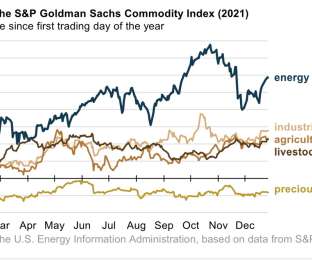














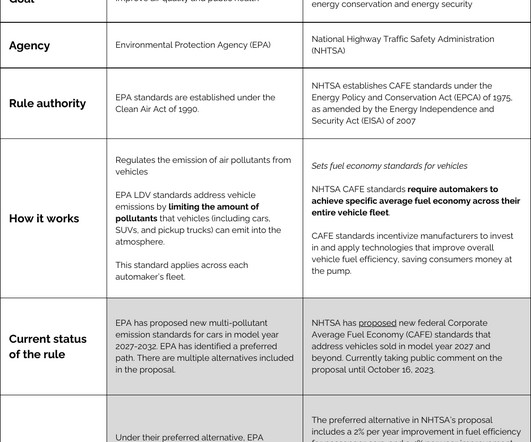



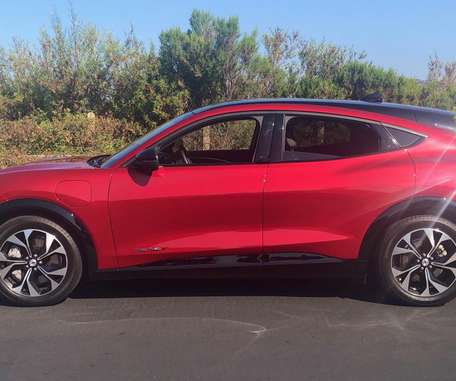
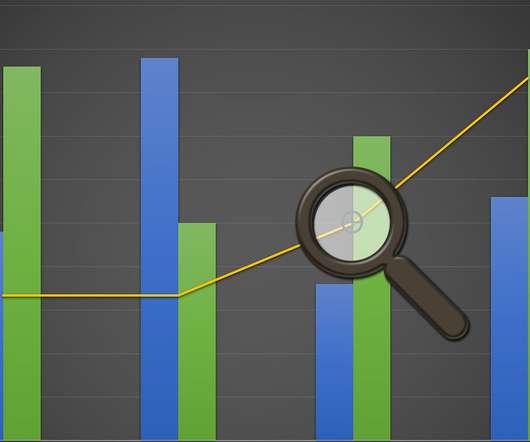



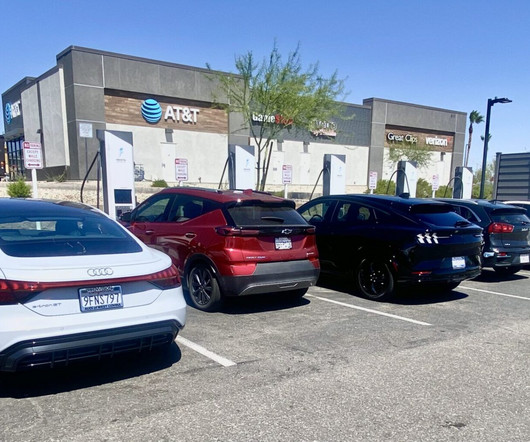



















Let's personalize your content